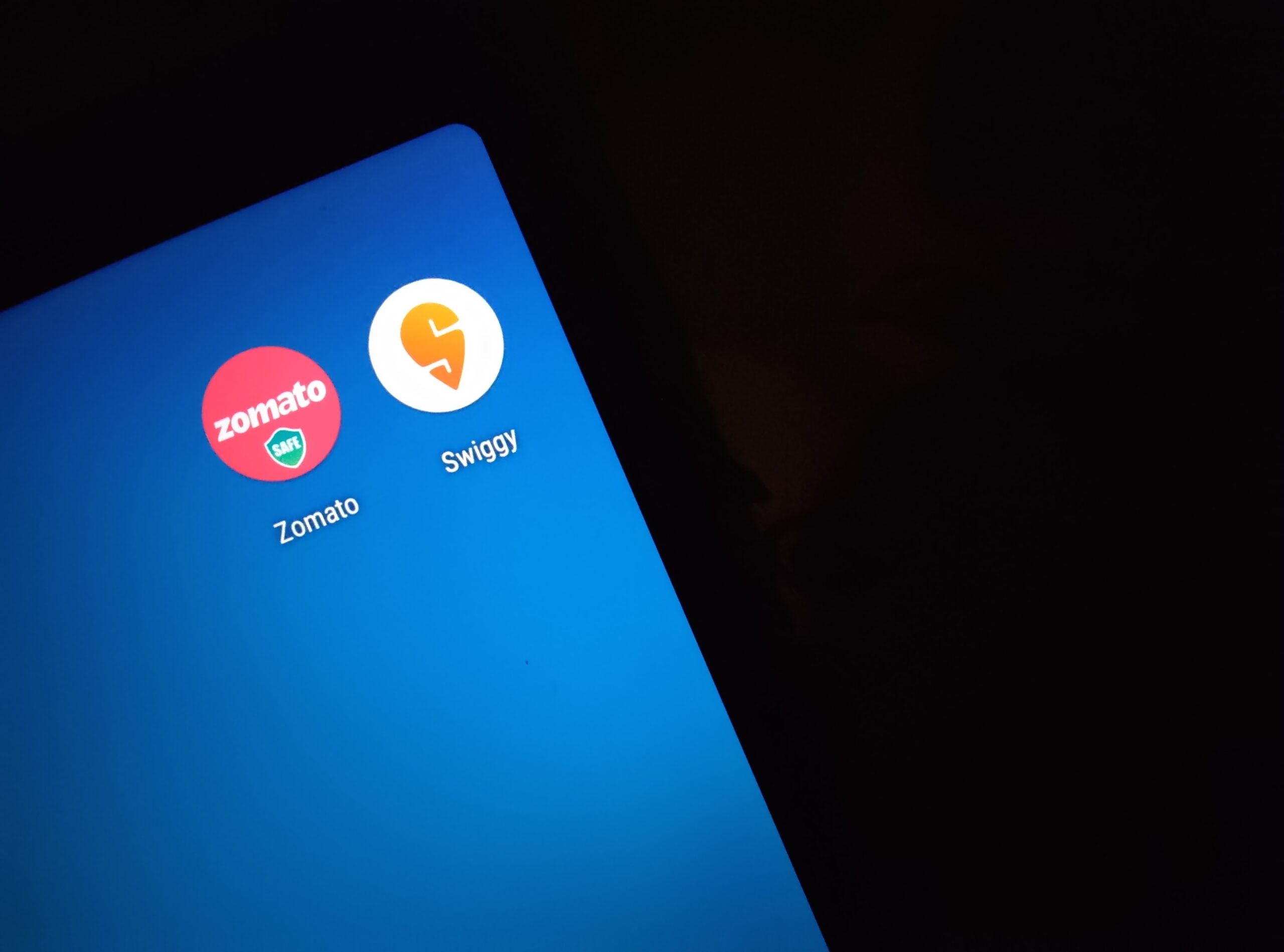
India’s antitrust regulator has found that food delivery giants Zomato and Swiggy engaged in practices that breached competition laws by favoring select restaurant partners, according to documents from the Competition Commission of India (CCI). The documents, not publicly available under CCI confidentiality rules, revealed that Zomato signed “exclusivity contracts” with certain partners to secure lower commissions, while Swiggy committed business growth guarantees to restaurants that listed exclusively on its platform.
The CCI’s investigation arm noted these exclusivity arrangements stifled competition within the food delivery market, making it harder for new entrants and smaller platforms to compete. This investigation began in 2022 after the National Restaurant Association of India lodged a complaint alleging anti-competitive practices by both companies.
These findings, shared with Zomato, Swiggy, and the National Restaurant Association in March 2024, have not been previously reported. Following the Reuters report, Zomato’s stock dropped 3% from earlier stable levels. Neither Swiggy nor the CCI responded to Reuters’ requests for comment, and Zomato declined to provide a statement.
The CCI documents reveal that Swiggy, which is closing bids for a $1.4 billion IPO, included its involvement in the antitrust case as one of the “internal risks” in its IPO prospectus, warning potential investors that a breach of competition laws could lead to hefty penalties. Swiggy informed investigators that its “Swiggy Exclusive” program, which offered advantages to partner restaurants in exchange for exclusivity, was phased out in 2023. However, the company plans to introduce a similar initiative, “Swiggy Grow,” in non-metropolitan cities.
The investigation also highlighted other restrictive practices. Swiggy and Zomato reportedly enforced price parity rules, preventing restaurants from offering lower prices on other platforms, which directly limited market competition. Zomato was found to impose both pricing and discount restrictions on partners, penalizing those who failed to comply. Swiggy allegedly warned some restaurant partners that their platform rankings would suffer if they didn’t adhere to price parity.
Both companies have transformed India’s food delivery landscape, adding hundreds of thousands of restaurants to their platforms during a period of rapid growth in smartphone use and online ordering. Zomato, which went public in 2021 and has since achieved a valuation near $27 billion, has seen significant stock gains. Swiggy, valued at $11.3 billion for its IPO, is positioning itself as India’s second-largest IPO this year.
Looking ahead, the final phase of the CCI’s proceedings involves a decision by its leadership, which is still reviewing the findings to determine any penalties or mandate operational changes for the companies. A decision is expected in the coming weeks, though Zomato and Swiggy retain the option to contest the findings with the CCI.
Both companies are diversifying into quick commerce, promising grocery delivery in under 10 minutes. This sector is also under scrutiny; last month, India’s largest retail distributor association requested that the CCI investigate alleged predatory pricing in quick commerce practices by Zomato, Swiggy, and rival Zepto.
Featured image courtesy of Upstox
Follow us for more updates on Swiggy and Zomato.
